Migratory seabird deaths linked to hurricanes
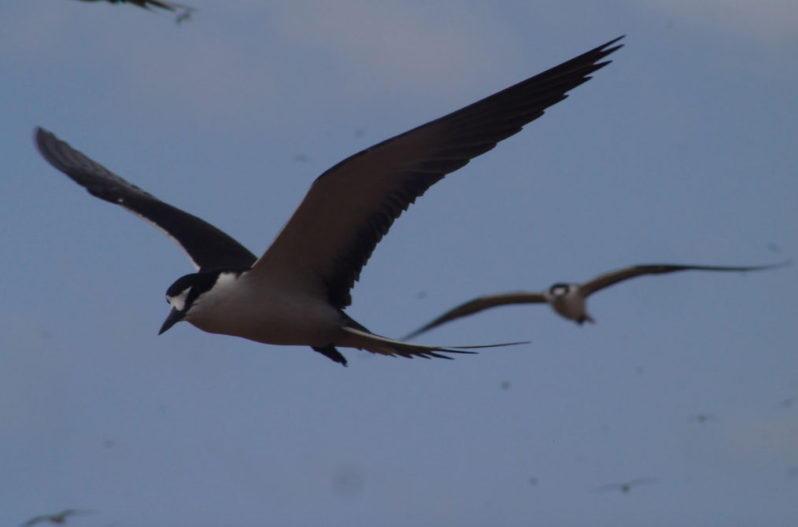
Stronger and more frequent hurricanes may pose a new threat to the sooty tern, a species of migratory seabird found throughout the Caribbean and Mid-Atlantic, a new study reveals. Although sooty terns are neither rare nor endangered, they have long been used by scientists as an indicator species to determine the health of the region’s marine environment.
Rewilding Santa Monica’s thoroughly artificial beach
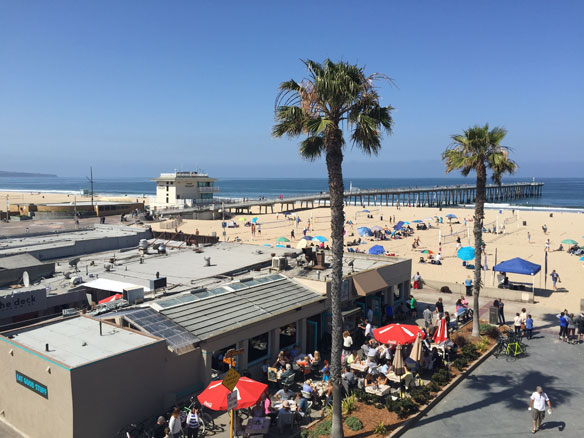
In the early 1900s, L.A. County beaches were not yet the tourist destination they would one day become. To draw more tourists, local municipalities wanted the beaches of the Santa Monica Bay to mimic those on the nation’s opposite coast: bigger, flatter, wider. Beach managers decided then, to bend the area’s geology, making Southern California beaches take on a more Floridian aesthetic. It was built by moving sand from one place and dumping it into another, turning the tourist-friendly beach into an ecological wasteland.
50 years ago, Oregon’s beach battle kept sands open to everyone
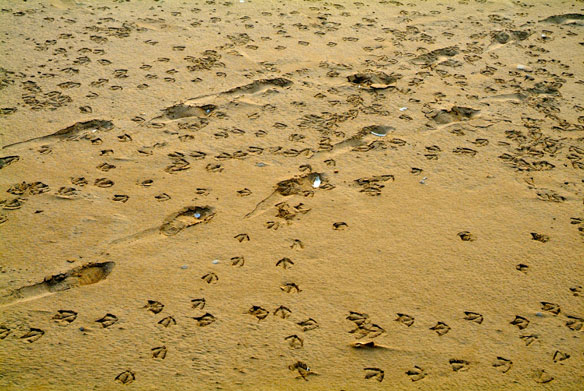
The Beach Bill gave Oregonians ownership of the state’s beaches, and that’s a rare distinction. Only Hawaii has similar protection, and our unlimited access to the beach has made the Oregon Coast a big tourist destination.
Threatened bird nesting again on Los Angeles area beaches
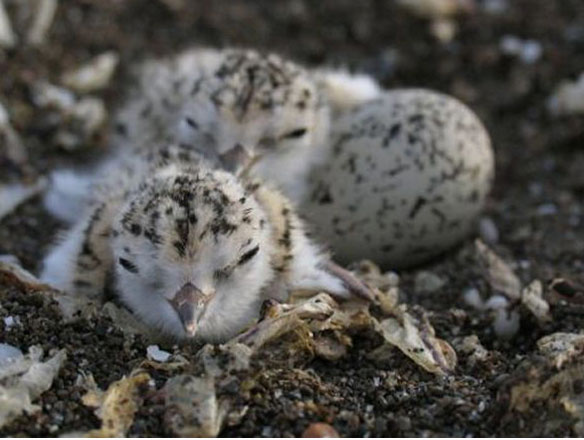
The western snowy plover is nesting along the Los Angeles area coast for the first time in nearly seven decades, federal officials said.
Striking Photos Show The People v. Climate Change; National Geographic
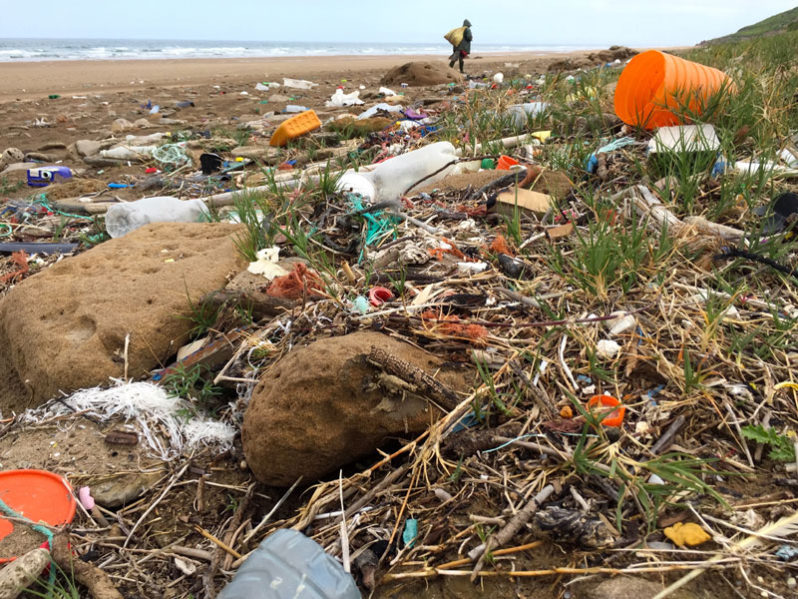
An incredibly complex web of cause and effect that’s global in scope, climate change is like light itself: enormously present, yet difficult to directly perceive. The Your Shot community shared their best photos in response to our #MyClimateAction challenge.
Cemex sand mine accused of damaging Monterey Bay Coast
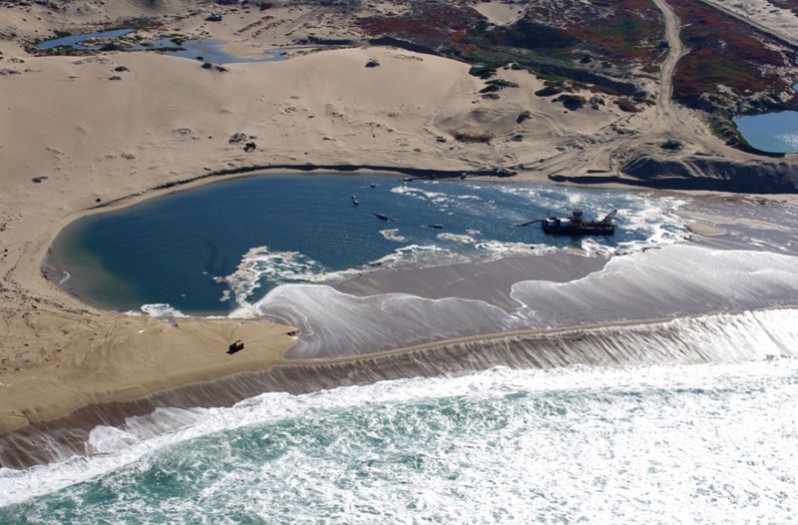
Scientists and environmentalists are accusing Cemex, the world’s second largest building materials company, of doing serious harm to the Monterey Bay beach by removing massive amounts of sand. The company claims its sand mining business is legal, but the beach is shrinking, and the California Coastal Commission is threatening to shut down the operation.
Port Launay: The Last Mangroves of the Seychelles
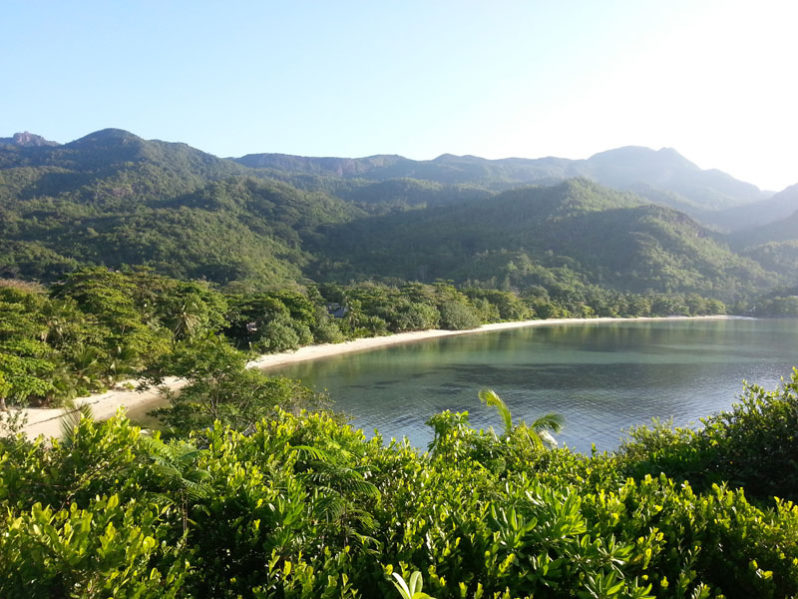
When French settlers first arrived in the remote islands of the Seychelles, thick mangrove forests fringed the western shore of Mahe, the largest of the islands in the archipelago.
Affluent countries contribute less to wildlife conservation than the rest of the world
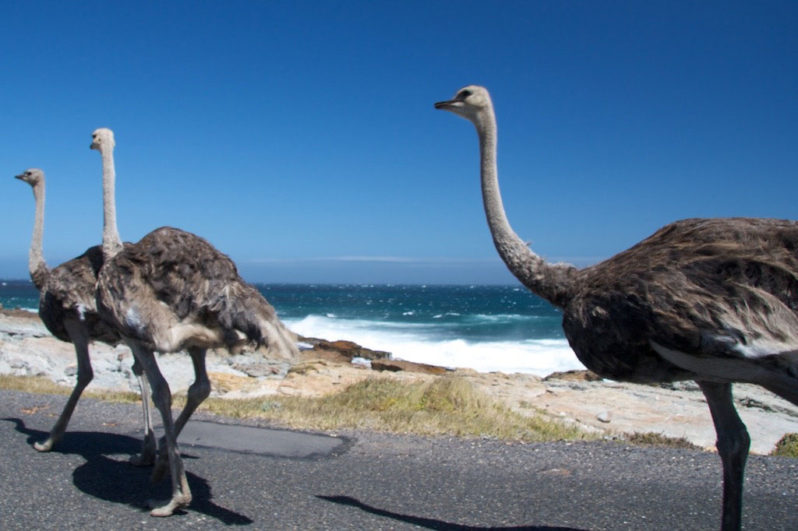
A new research collaboration has found that, despite facing a number of domestic challenges, such as poverty and political instability in many parts of the continent, Africa was found to prioritise wildlife preservation, and contribute more to conservation than any other region of the world. African countries made up four of the five top-performing mega-fauna conservation nations…
Believe you can stop climate change and you will
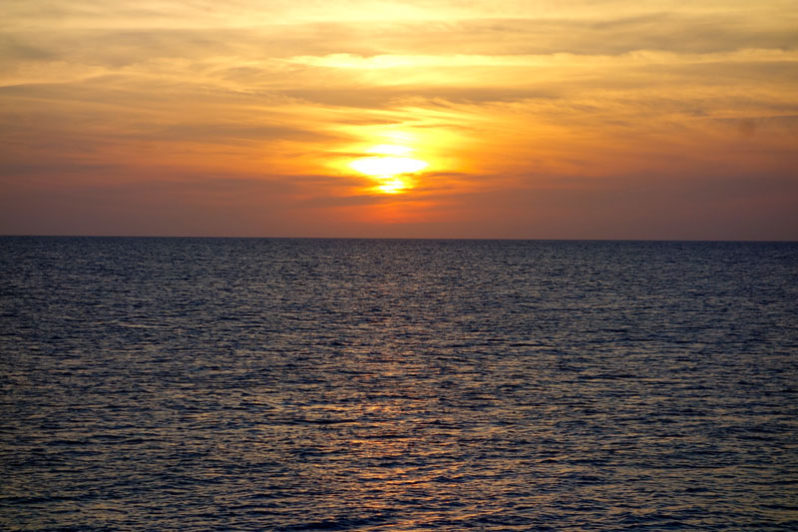
If we believe that we can personally help stop climate change with individual actions — such as turning the thermostat down — then we are more likely to make a difference, according to new research.
